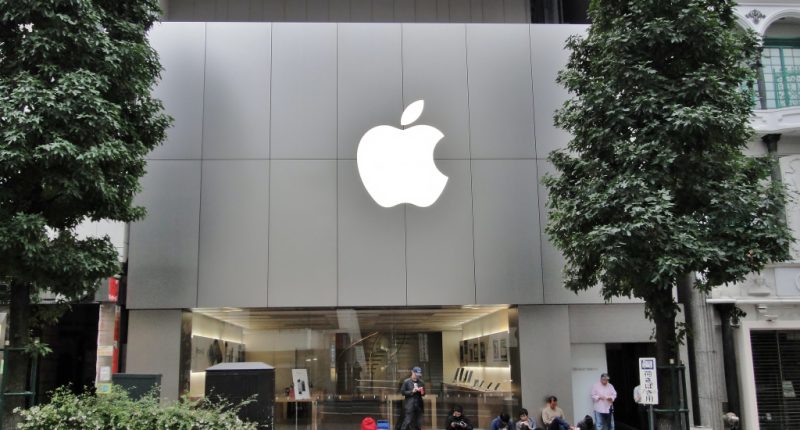Apple’s App Store policies and alleged exorbitant commission are once again in question, and a billion dollar question at that. The iPhone maker is finding itself as the target of a $1 billion opt-out class action lawsuit over its steep App Store fees, a lawsuit that has been brought on by more than 1500 app developers in the UK.
The class-action damages claim seeks compensation from the Cupertino-headquartered tech giant – one that could amount to £782-million. Much like previous lawsuits, the current one claims that Apple abused its monopolistic position in the market and app innovators and developers were the ones who suffered as a result of the company’s policy of charging a commission of 30% on all in-app purchases. The commission, as well as other factors, enabled Apple’s services business (which includes the App Store) to witness its revenues grow rapidly to reach around $20 billion per quarter.
The class-action damages claim is being brought forth by Sean Ennis, a professor of competition policy at the University of East Anglia, a former economist at the OECD, and who has previously held positions at the US Department of Justice and the European Commission. UK litigation funder Harbour is funding the lawsuit. Prior to this development, Apple claimed that 85% of developers on the App Store do not pay any commission, and that it helps European developers to access markets and customers in 175 countries around the world through the App Store.
Apple’s 15-30% commission on in-app purchases within its iOS App Store has long been a subject of contention among developers and industry observers. While the commission model has helped Apple amass significant revenue, it has raised concerns about its potential exploitation of app developers. For small and independent app developers, the 30% commission significantly impacts their revenue streams. If Apple loses the lawsuit, then the level of damages due per developer would be calculated based on their iOS app business, which means that Apple’s deep pockets are likely to be burnt badly.
By deducting such a substantial portion of in-app purchase earnings, Apple places financial strain on developers, especially those with limited resources and budgets, and reduces their profit margins while limiting the opportunity for app innovations. Furthermore, the company’s strict commission structure restricts developers’ flexibility in setting their own pricing strategies, and they are often forced to adhere to Apple’s guidelines. It thus comes as little surprise that the company’s policy on App Store fees has drawn the attention of antitrust regulators across the world. It has also drawn the ire of the likes of Fortnite-maker Epic Games, which has long protested Apple’s steep commission.
“I have been studying competition questions for decades — and digital competition for quite a long time. I’ve written about it in technical economic papers but also in less technical work. And I’m really convinced that the type of behaviour we’re talking about in this case is deeply problematic. So I was interested in taking a role to help get some redress for those who I feel have been harmed by the behaviour,” Ennis commented on the matter.
The Tech Portal is published by Blue Box Media Private Limited. Our investors have no influence over our reporting. Read our full Ownership and Funding Disclosure →






